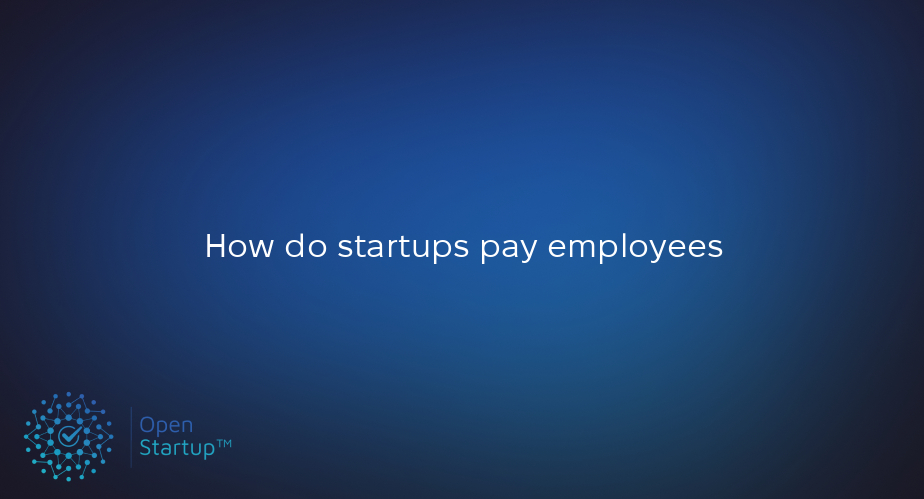Startups have revolutionized the job market with their innovative ideas and disruptive approaches. But when it comes to compensating their employees, startups often follow a different path than traditional companies. This article will explain how startups pay their employees, exploring everything from equity to bonuses. We will also delve into the role of salary in startup culture and help you navigate the startup pay scale.
How Startups Pay Their Employees: A Breakdown
Startups often rely on various compensation methods to motivate and reward their employees. One common approach is offering equity, which means employees receive a small ownership stake in the company. This allows them to benefit from the company’s success in the long run. Startups may also provide stock options, giving employees the right to purchase company shares at a predetermined price. Equity and stock options can entice employees as they align their interests with the company’s growth.
Another aspect of startup compensation is bonuses. Startups may offer performance-based bonuses, linking employees’ financial rewards to achieving specific goals or targets. These bonuses can be a significant motivator, driving employees to go the extra mile and contribute to the company’s success. It’s not uncommon for startup employees to receive bonuses tied to the company’s overall performance or individual contributions.
From Equity to Bonuses: Startup Compensation Explained
Equity and bonuses are just two pieces of the startup compensation puzzle. Additional forms of compensation include profit sharing, where employees receive a portion of the company’s profits, and commission-based structures for sales roles. Profit sharing allows employees to directly benefit from the company’s financial success, while commission-based systems incentivize sales-driven individuals.
Startups may also offer unique perks and benefits to attract and retain talent. This can range from flexible working hours and remote work opportunities to unlimited vacation policies and free meals. By providing these benefits, startups aim to create a desirable work environment and compensate employees in non-monetary ways, enhancing job satisfaction and work-life balance.
Cash is King: The Role of Salary in Startup Culture
While equity, bonuses, and other perks are attractive, cash remains an essential component of startup compensation. Startups often need financial guidance and may be unable to pay high salaries initially. However, wages tend to increase as the company grows and secures funding. Startups recognize the importance of competitive salaries to attract and retain top talent, so employees can expect their cash compensation to improve as the company progresses.
It is important to note that salary negotiation is common in startups. Candidates can negotiate their initial salary based on their skills, experience, and the value they bring to the company. Startups are more likely to be flexible in dealing with wages to attract suitable candidates, so it’s worth considering this aspect during the hiring process.
Navigating the Startup Pay Scale: What to Expect
Navigating the startup pay scale can be challenging due to the wide range of compensation methods. The pay scale varies depending on the startup’s stage, industry, location, and funding. Early-stage startups may offer lower salaries but compensate with significant equity, while more established startups may provide higher salaries but reduced equity.
Therefore, it’s crucial to research and understand the market standards for compensation in your industry and location. Platforms like Glassdoor and industry-specific websites can provide valuable insights into average salaries and compensation structures. Networking with professionals in the startup ecosystem can also give you a better understanding of what to expect and help you negotiate a fair compensation package.
In conclusion, startups have their unique approach to compensating their employees. From equity and bonuses to cash salary and additional perks, startup compensation packages are designed to motivate and reward employees. While the compensation landscape in startups may differ from traditional companies, understanding the various components and navigating the startup pay scale can help you make informed decisions and thrive in the exciting world of startups.




